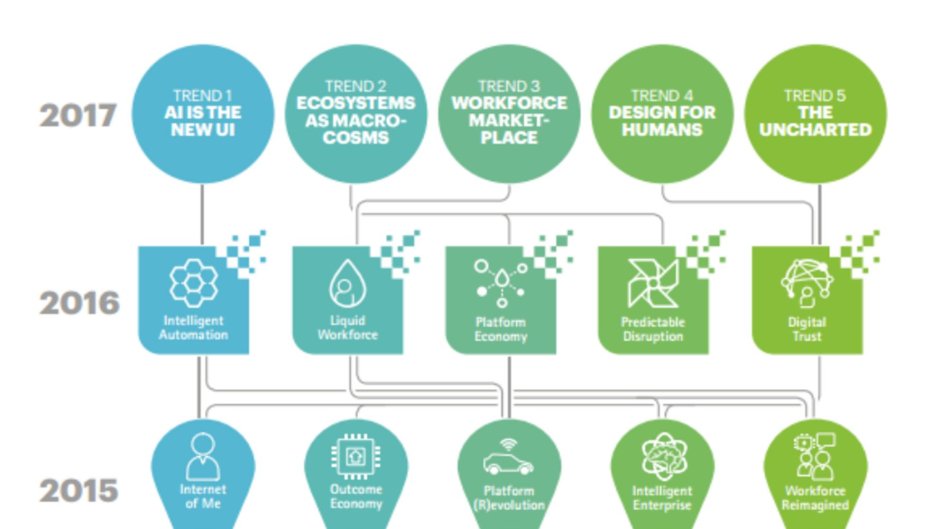Evolution ecosystems
In the fascinating world of biology, evolution and ecosystems are two interconnected concepts that shape the diversity and balance of life on Earth. Evolution, the process of gradual change over time, lies at the very heart of how species adapt and develop new traits to survive in their environments.
Ecosystems, on the other hand, are complex networks of organisms and their physical surroundings, functioning as dynamic communities where various species interact and depend on each other for survival. These intricate webs of life exist in every corner of our planet, from lush rainforests teeming with biodiversity to vast oceans teaming with marine life.
Through the lens of evolution, we can observe the mechanisms by which species evolve within ecosystems. Natural selection, a cornerstone of evolutionary theory, acts as a powerful force that drives adaptation and shapes the genetic makeup of populations. Individuals with advantageous traits have a higher chance of surviving and reproducing, passing on those favorable traits to future generations.
As species adapt to their environments, they may undergo speciation, leading to the emergence of new species. Over millions of years, this continuous process of divergence and branching results in the incredible array of life forms we see today. From the smallest microorganisms to the largest mammals, each species has its own unique set of characteristics that allow it to thrive in its particular ecological niche.
Ecosystems play an essential role in shaping the course of evolution. They provide the necessary resources and conditions for species to survive and reproduce. Interactions between organisms, such as predator-prey relationships or symbiotic associations, drive the co-evolution of different species within an ecosystem. Changes in one part of the ecosystem can have a cascading effect on other species, highlighting the delicate balance that exists within these complex systems.
The study of evolution and ecosystems is not just limited to understanding the past; it also holds great significance for our future. As humans, we are a part of these intricate webs of life, and our actions can have profound impacts on the delicate balance of ecosystems. By understanding the principles of evolution and recognizing our role within ecosystems, we can strive to be responsible stewards of the natural world, ensuring its preservation for generations to come.
In conclusion, the concepts of evolution and ecosystems are intricately intertwined in the tapestry of life on Earth. Evolution drives the adaptation and diversification of species within ecosystems, while ecosystems provide the stage upon which this incredible process unfolds. Understanding and appreciating the complex interactions between evolution and ecosystems allows us to marvel at the wonders of the natural world and embrace our role in its conservation.































































